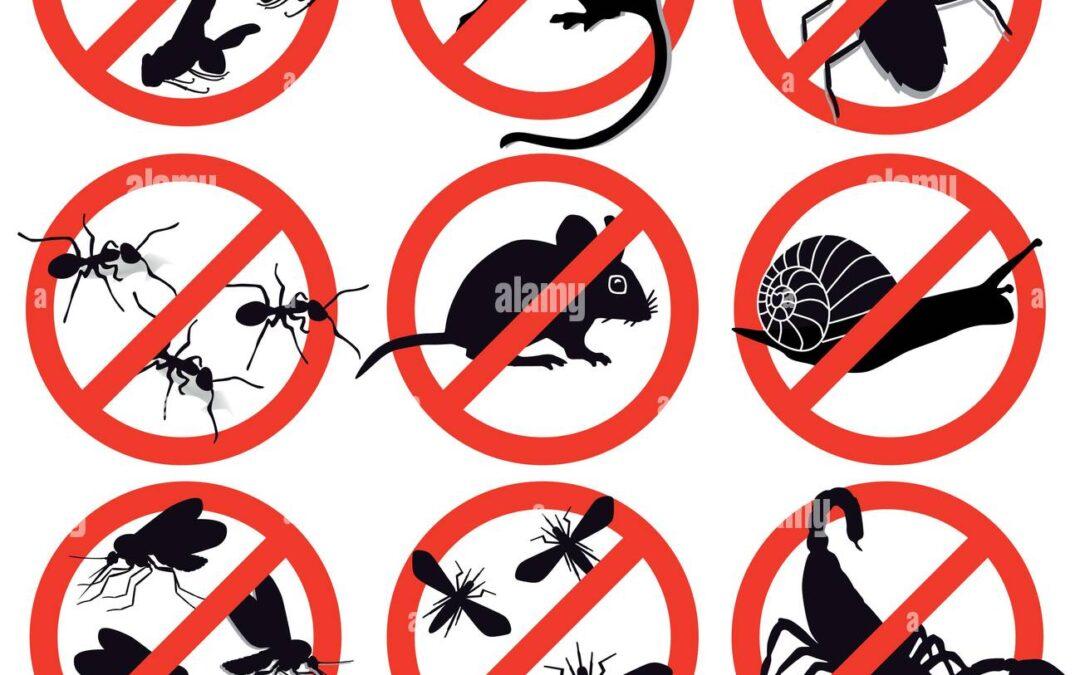Table of Contents
- Understanding DIY Pest Control
- Common DIY Pest Control Mistakes
- Why DIY Pest Control Fails: Unseen Risks and Hazards
- Effects on Health and Environment
- Professional Pest Control: A Superior Alternative
- Myths Surrounding DIY Pest Control
- FAQs
- Conclusion
Understanding DIY Pest Control
For many homeowners, seeing a single pest can trigger an immediate reaction: a trip to the local store for DIY pest control products. The promise of saving money and the instant gratification of tackling the problem head-on can be alluring. However, there are compelling reasons why DIY pest control is often a bad idea.
Common DIY Pest Control Mistakes
Improper Identification of Pests
One of the biggest pitfalls of DIY pest control is the misidentification of pests. Different pests require different treatment methods. Applying the wrong treatment can not only be ineffective, but it can also exacerbate the problem.
Incorrect Application of Products
An improper application can render it ineffective even when the correct product is chosen. Most homeowners must gain the knowledge and experience to apply these products correctly. They may use too little or too much or apply it in the wrong places. If you don’t apply proper technique for bed bugs control, you are not going to get rid of the pests.
Failure to Address the Root Cause
DIY solutions often focus on the pests themselves rather than the conditions that attracted them in the first place. Pests are likely to return if they address these underlying issues.
Why DIY Pest Control Fails: Unseen Risks and Hazards
DIY cockroach control, termites control and other pests control often poses significant risks. Misuse of chemicals can lead to exposure to toxins, potentially causing harm to humans and pets. Furthermore, many pests carry diseases, and attempting to handle them without proper protective gear can lead to infection.
The Danger of Over-the-Counter Pesticides
Over-the-counter pesticides are generally less effective than professional-grade products. In addition, they can be harmful if not used properly. The danger of exposure to these chemicals is significantly increased when they are applied without professional training.
The Hidden Costs of DIY Pest Control
Although DIY pest control may seem cheaper upfront, the costs can quickly increase. Repeat purchases of ineffective products, damage caused by pests, and potential health risks all contribute to the actual price of DIY pest control.
Effects on Health and Environment
DIY pest control can have detrimental effects on health and the environment. Misused pesticides can contaminate water supplies, harm wildlife, and damage plants. Improper use can also lead to direct exposure, causing health issues ranging from skin irritation to severe illnesses.
Professional Pest Control: A Superior Alternative
Professional pest control services offer a safer and more effective alternative to DIY solutions. They have access to professional-grade products and possess the knowledge and experience to apply them correctly. Professionals can identify the source of the pest problem and implement long-term solutions, reducing the likelihood of recurrence.
Myths Surrounding DIY Pest Control
The belief that DIY pest control is cheaper and equally effective as professional services is a common misconception. However, as we’ve discussed, these methods often result in ineffective treatment, unnecessary risks, and potential long-term costs.
FAQs
- Are DIY pest control methods effective?
While DIY methods can occasionally address minor pest issues, they are typically less effective than professional treatments and can lead to more significant problems in the long run.
- Is DIY pest control cheaper than hiring professionals?
While DIY methods may seem cheaper initially, the cost of repeat treatments, the potential damage caused by pests, and potential health risks can make it more expensive in the long run.
- Are DIY pest control products safe to use?
While these products are available to the public, they can be hazardous if used sparingly. With the proper knowledge and training, using these products is easy, posing risks to human health and the environment.
- Can DIY pest control cause harm to the environment?
Yes, improper use of pesticides can harm the environment, contaminating water supplies and harming wildlife.
- Can I handle major pest infestations myself?
It’s highly advised to seek professional help for major infestations. DIY methods are rarely equipped to deal with large-scale problems and can often worsen the situation.
Conclusion
While DIY pest control may initially appear to be a convenient and cost-effective solution, the hidden risks and potential for failure make it a less desirable option. The potential harm to health and the environment, the unseen costs, and the general inefficiency of DIY methods underscore the importance of seeking professional help for pest problems. Thus, DIY pest control is, more often than not, a bad idea. Remember, it’s always best to trust the experts when it comes to pest control.


